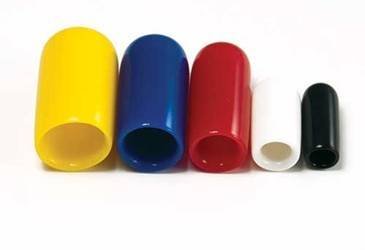- Joined
- Nov 14, 2010
- Messages
- 28,554
- Reaction score
- 28,405
The question is how do you know you don't have a condition that will start a fire prior to spaying highly flammable liquid all over it?
Been saying that to dese guyz about troubleshooting for years.you didnt say if it is a power brake car. do you hear a posh when you mash the brakes. you guys get off topic so easly
you didnt say if it is a power brake car. do you hear a posh when you mash the brakes.
carb cleaner fill do the same as the propane

A set of vacuum caps might help isolate a leak. I had a bad diaphragm in a brand new Proform distributor that drove me nuts trying to track down. A vacuum gauge will definitely be of great help and they are fairly inexpensive.If no leaks are found then the next step would be to do a compression testtested around the normal areas no leaks found. will do further testing sunday
You don't want to douse the entire engine with starter fluid or carb cleaner when checking for leaks. You use the plastic straw that comes with the can to avoid any overspray and use only small amounts in the suspected areas. Avoid spraying too close to the distributor and wires. If by chance a fire does occur it will not cause your entire car burst into flames like the Hindenburg and burn to the ground within a matter of seconds. Most likely any fires that occur will remain isolated and burn themselves out within a few seconds. Its always good to keep a fire extinguisher or a pack of ballpark franks around in the rare case that a fire might get out of hand.The question is how do you know you don't have a condition that will start a fire prior to spaying highly flammable liquid all over it?
there are plenty of vacuum lines under the dash. too
There are usually one or two connections to the intake you can pop them off and eliminate the whole dash in one check.
I always use carb cleaner for testing for vacuum leaks, never starting fluidModern carb cleaner does not burn at all so that may be a good alternative. Spray it around the gaskets and when the car shuts off you found your leak, then throw the rest of the can away because it certainly will not clean anything.
